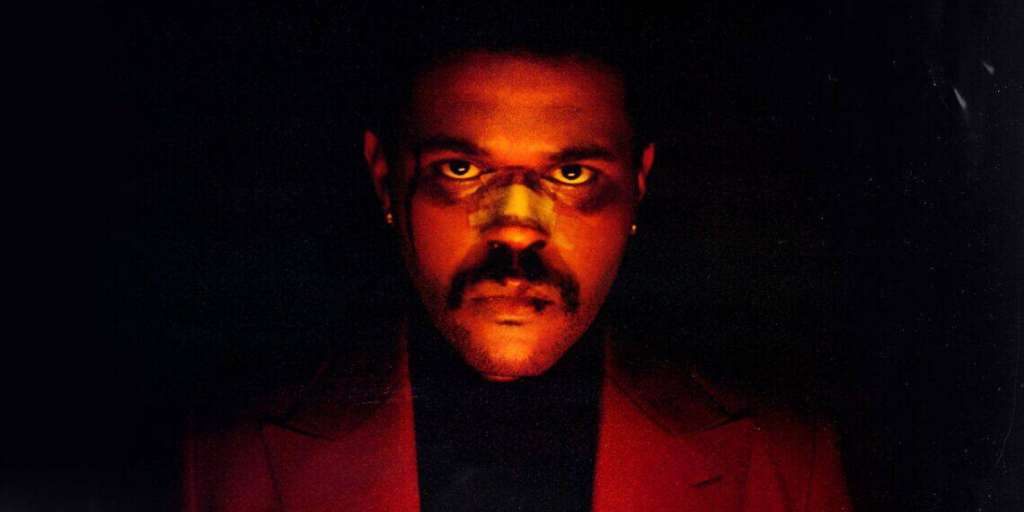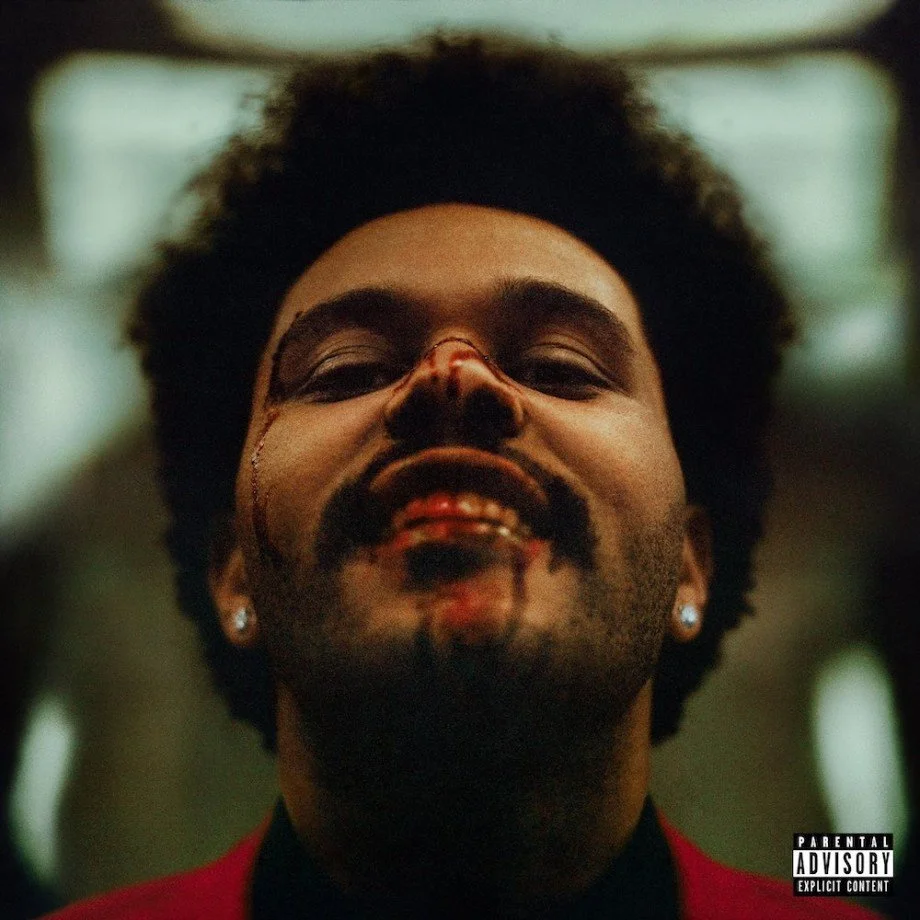Album Review: The Weeknd Delivers (Again) With 'After Hours'
Have you noticed how stellar The Weeknd's mainstream career has been? From his Gold debut album, Kiss Land, to his multi-Grammy winning sophomore album, Beauty Behind the Madness, and his chart-topping and Grammy-winning Starboy, The Weeknd has steadily progressed artistically and musically while dominating the R&B and pop spheres. He followed those last two highly successful albums with another chart-topping set, this time an EP by the name of My Dear Melancholy, a return to the grittier sound of his mixtape days. Now, The Weeknd has gifted us his fourth studio album, After Hours, the best record of 2020 so far and the culmination of all of his musical influences and the different facets of his artistry.
Towards the tail end of 2019, The Weeknd released "Heartless" and "Blinding Lights" within days of each other. The former, a swaggering rap-influenced declaration of his embrace of his carefree lifestyle, debuted at #1 on the Billboard Hot 100 and the latter, a sublime 80s synth-pop-influenced anthem, currently sits at #4 on the Hot 100 and is poised to become his fifth #1 hit. Despite the instant success of the album's singles, After Hours never feels like a collection of songs with the sole intent of scoring hits. Every song works with the next to weave a tragically beautiful tapestry of heartbreak, guilt, shame, success, and self-reckoning. After Hours is The Weeknd at his most sonically ambitious and it's all tied together with songwriting that hammers consistent themes and motifs without becoming redundant or reductive.
The album's intro "Alone Again" is a masterclass in compelling production, and it's just a taste of the excellence that the rest of After Hours has to offer. The song shifts and transforms from a trippy atmospheric ballad to a synthesizer-laden track stacked with a dark bass line and raucous drums. Abel sings of his substance abuse issues, a topic that has dominated most of his discography, but the real gem of his songwriting here is how he utilizes geography. Abel's mixtapes were dominated, consciously and unconsciously by the concept of Toronto. On After Hours, however, Abel shifts his focus from Los Angeles to Las Vegas. Los Angeles, in all of its glitz and glamour, lorded over the pop sheen of Beauty Behind the Madness and the braggadocio of Starboy. After Hours isn't so much a return to his roots as it is a post fame-Abel reckoning with his own guilt and selfishness in the face of all the money and celebrity. What better place to mix grit with glam than Vegas? Abel croons that "in Vegas, [he] feels so alone," and on "Blinding Lights" he remarks that "Sin City's cold and empty/no one around to judge [me]." Moreover, to continue the lyrical motif of Las Vegas as a physical representation of his darkness, After Hours features a scathing takedown of Los Angeles titled "Escape from LA." It's a slow-burning rumination on the unsettling homogeneity of plastic surgery, emotional damage by way of fast-paced city life, and the general superficiality of Los Angeles. Like the music video for "Lust for Life," his 2017 collaboration with Lana Del Rey, "Escape from LA" draws on the historical horrors of Hollywood. After Hours, like the title suggests, sees Abel at his most confessional since his mixtape days. He really doesn't hold anything back.
XO/Republic
The album's cohesive songwriting is only bolstered by the tightness of the production. "Heartless" and "Blinding Lights" hinted at two seemingly disparate veins of music. In actuality, the 80s synth-pop and moody trap midtempos blend into a flawless 54-minute tracklist. Max Martin lends his production expertise to After Hours' more pop-leaning songs. "Hardest to Love" features key elements of drum and bass; "In Your Eyes" draw from the funk elements of Starboy's "I Feel It Coming"; and "Save Your Tears," the weakest of the albums incredibly strong tracks, features a more organic blend of guitar and synth, not unlike Beauty Behind the Madness' "Shameless." Metro Boomin handles the album's most cavalier and gloomy tracks like "Faith," "Escape from LA," and "Heartless." The main producer that really pushes the sonic boundaries of After Hours, however, is Illangelo. With main credits on "Alone Again," "Too Late," and "After Hours," Illangelo favors shape-shifting sounds that forces Abel to flex different parts of his vocal range and emote in a way that he hasn't before. In terms of vocal performances, Abel is in top shape on After Hours. "Scared to Live" is one of the best vocal performances of his career, his runs are cleaner than ever and he's exuding pain and shame and guilt in a way that feels fresh and mature.
Every song on After Hours can be mapped back to one or several tracks in The Weeknd's ever-evolving and ever-expanding discography. The streaming climate has made many artists (ahem Nicki, Drake, Jhené, Chris Brown, etc.) feel like they have to release gargantuan 20-track albums, but at just 14 completely solo tracks, After Hours is proof that tight cohesive albums are still an artist's best bet. Abel's growth as an artist, songwriter, and vocalist has been impressive and inspiring to watch. If you ever doubted Abel before, After Hours should put all of those thoughts to bed. This album is guaranteed to dominate until well into the next year.
Score: 85
Key Tracks: "Scared to Live"; "Faith"; "Escape from LA"; "Hardest to Love"; "Repeat After Me"







Jung Kook follows up “Seven” with a sexy new Jack Harlow collab.